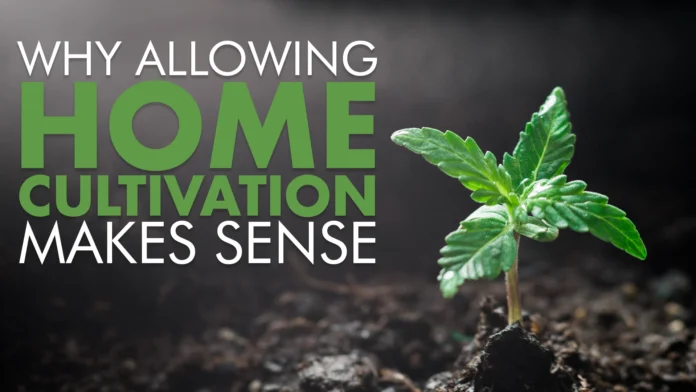The concept of plant-based diets has taken the food industry by storm, as more and more people are opting for a vegan or vegetarian lifestyle, motivated by ethical, health, or environmental reasons. However, if you are used to a meat-based diet, switching to plant-based alternatives can be daunting. Therefore, we have prepared a guide to going vegan and exploring the rise of plant-based diets, which can help you in your transition to a healthier lifestyle.
What is a plant-based diet?
A plant-based diet is a type of diet that mainly focuses on whole, plant-based foods, including fruits, vegetables, legumes, whole grains, and nuts. It primarily excludes or limits animal products, such as meat, dairy, eggs, and honey.
Why are people turning to plant-based diets?
The rise of plant-based diets has been a result of several reasons, including:
-
Health Benefits
Studies have shown that plant-based diets can have significant health benefits, such as reducing the risk of heart disease, type 2 diabetes, and some types of cancer. Moreover, it is also associated with a lower risk of obesity and improved gut health.
-
Environmental Concerns
The production of animal products, especially meat, has a significant impact on the environment, leading to greenhouse gas emissions, water pollution, deforestation, and loss of biodiversity. Therefore, opting for plant-based diets can help reduce the environmental impact of food production.
-
Ethical Concerns
Many people choose a plant-based diet for ethical reasons, such as animal welfare concerns. They believe that using animals for food, clothing, or other products is wrong.
Going Vegan: A Guide
If you are considering going vegan, here are some tips to help you get started:
-
Educate Yourself
Before you switch to a plant-based diet, it is important to educate yourself about the nutritional requirements of the human body and how to meet them on a vegan diet. There are various resources available, including books, articles, and online guides, which can help you learn about vegan nutrition.
-
Start Slowly
Going vegan overnight can be challenging and overwhelming. Therefore, it is recommended to gradually reduce your intake of animal products and incorporate more plant-based foods into your diet. This can help you transition more smoothly to a plant-based diet.
-
Experiment with New Foods
Going vegan provides an opportunity to try new foods and cuisines that you may not have tried before. You can experiment with new recipes and ingredients, such as tofu, tempeh, and plant-based milks. Moreover, you can also look for vegan-friendly restaurants and food options in your area.
-
Plan Your Meals
Planning your meals in advance can help ensure that you are meeting your nutritional requirements and staying on track with your plant-based diet. It is important to include a variety of fruits, vegetables, whole grains, legumes, and nuts in your meals.
-
Supplement as Needed
Some nutrients, such as vitamin B12, vitamin D, and omega-3 fatty acids, are more difficult to obtain on a vegan diet. Therefore, it is important to consider taking a vegan-friendly supplement or fortified foods to ensure that you are getting all the nutrients you need.
-
Be Prepared for Social Situations
Eating out and attending social events can be challenging when following a plant-based diet. It is essential to do your research in advance and look for vegan-friendly options. Additionally, you can consider bringing your own food to social events if necessary.
-
Connect with Others
Connecting with other vegans or plant-based eaters can provide support and motivation. You can join vegan groups or attend vegan events in your area. Moreover, you can find online communities and resources to connect with other plant-based eaters.
Conclusion
The trend of plant-based diets is here to stay, as more and more people are turning to plant-based diets for health, environmental, and ethical reasons. If you are considering going vegan, it is important to educate yourself about vegan nutrition and start slowly by gradually reducing your intake of animal products and incorporating more plant-based foods into your diet. Furthermore, you can experiment with new foods and cuisines, plan your meals, and supplement as needed. Additionally, it is crucial to be prepared for social situations and connect with others in the vegan community for support and motivation.
In conclusion, choosing a plant-based diet is a personal choice, and it is important to respect the choices of others. However, by opting for a plant-based diet, you can make a positive impact on your health, the environment, and animal welfare. Therefore, whether you are considering going vegan or simply incorporating more plant-based foods into your diet, it is crucial to educate yourself and take the first steps towards a healthier, more sustainable lifestyle.
Google News | Telegram
















